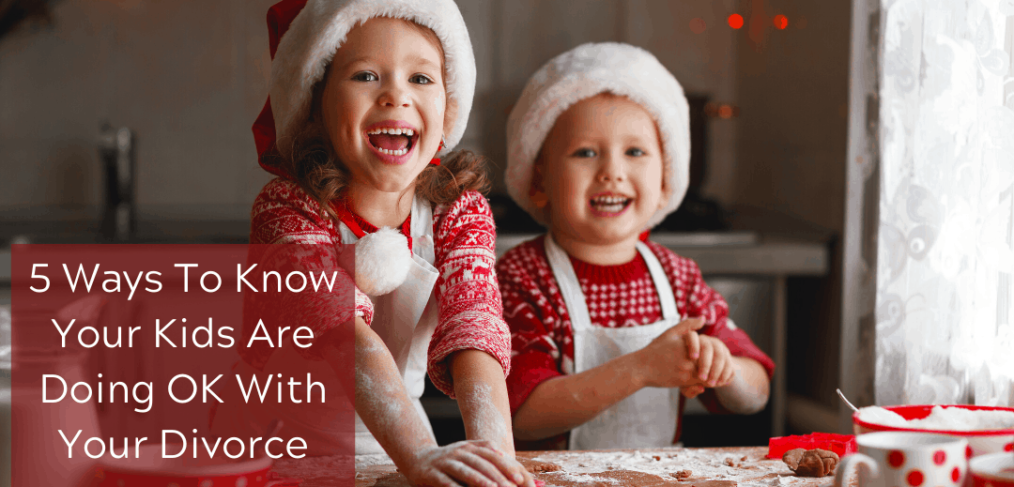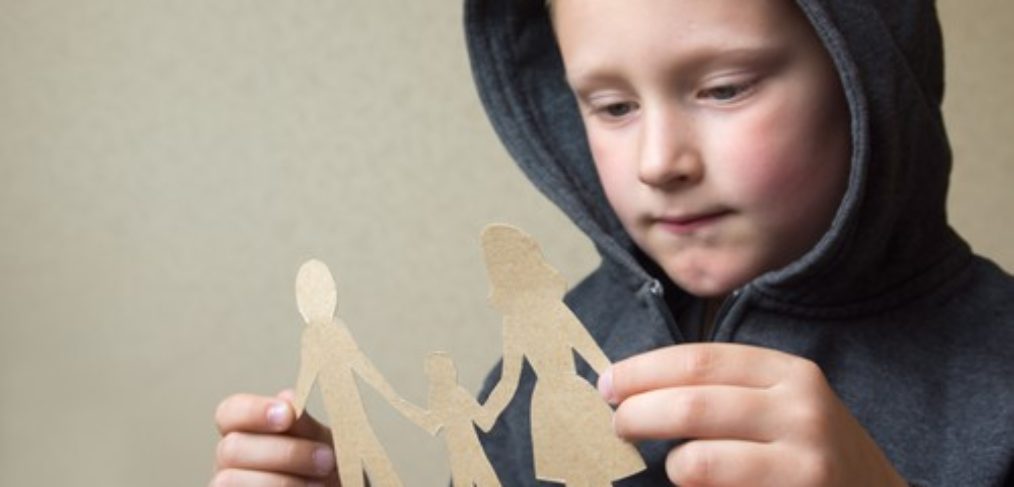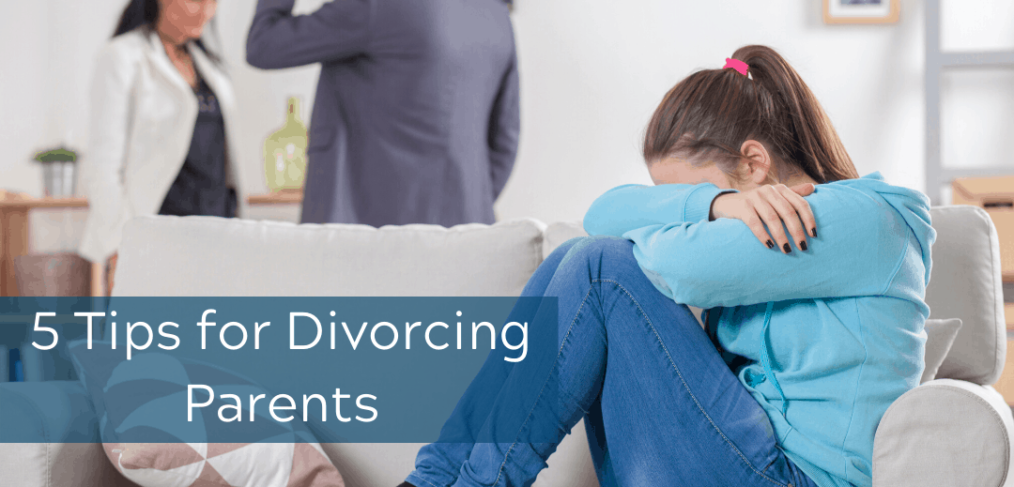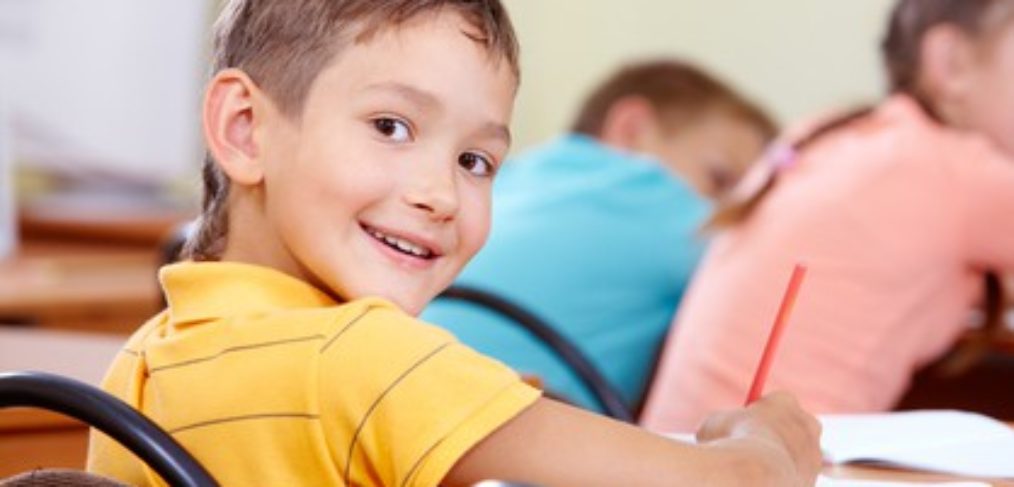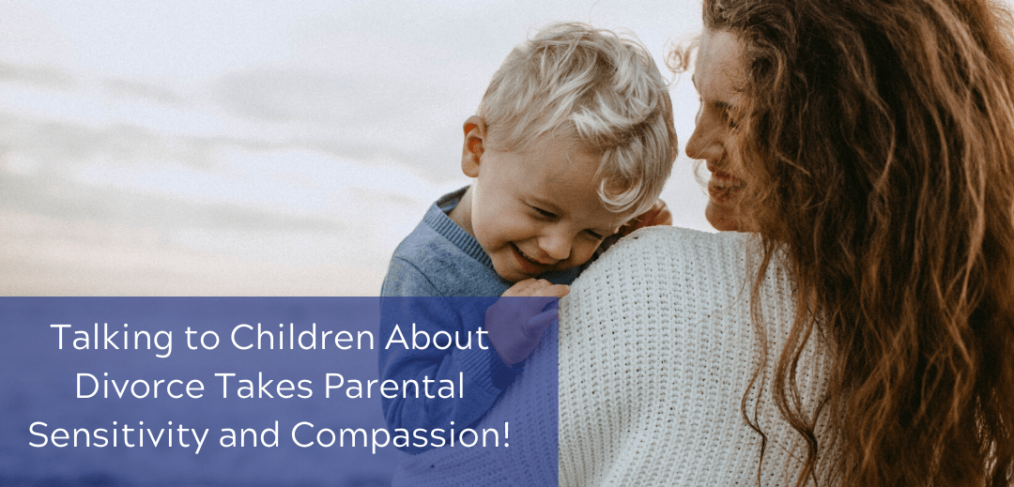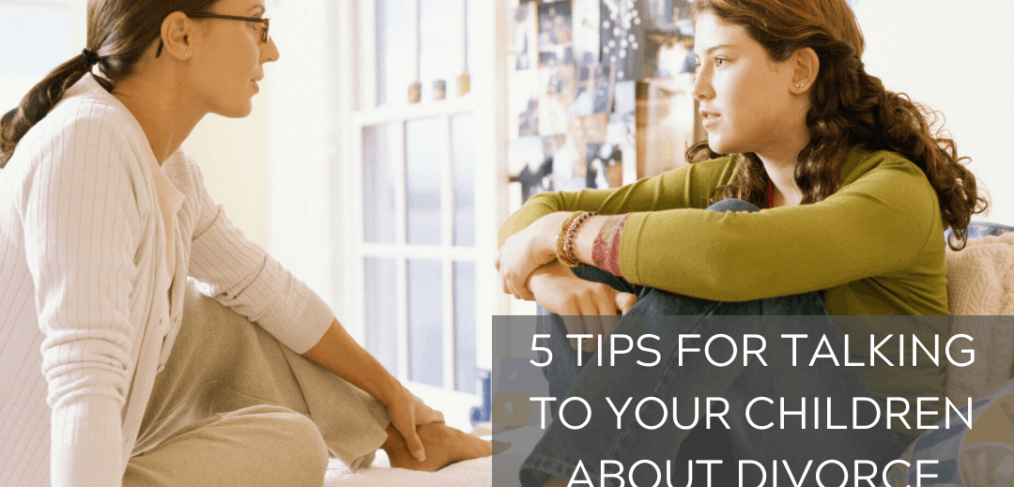-
They continue to do well at school
When school grades fall or aggressive behavior develops, parents need to be proactive and not wait on the sidelines. Conversations with teachers and school counselors can give you a better perspective on your child’s needs. Don’t hesitate to talk to your children as well to learn more about what’s going on and how they feel about the changes and new challenges in their lives. It’s imperative that you listen and not lecture. Allow them to vent so they feel heard. Only then can you be helpful in finding useful solutions.
-
They’re making and keeping friends
If your children drop close friendships following your divorce they may be feeling shame, anger, embarrassment, guilt or other negative emotions. Some kids feel helpless at home and express these frustrations with classmates and friends. They may be misunderstood or rejected by these friends at a time when support is most needed. Giving them access to a compassionate child therapist can be helpful for them – and for you.
-
They can talk about the divorce without high emotions
If your children are not intimidated or afraid to talk to you about the divorce, their other parent and time spent with them, that’s a good sign. It usually shows a healthy level of adjustment. Usually it also means both parents understand the importance of keeping lines of communication open. Mature parents don’t compete for their children’s approval or attention and they’re aware of the dangers of making kids feel guilty or shameful for loving their other parent.
-
Their activity level hasn’t changed
Well-adjusted children have energy for after-school clubs, sports and other programs. If your child opts out of activities they used to enjoy, be aware. Usually that’s a sign that they are having coping issues with changes in family life. It’s wise to talk with a counselor and get involved with a support group for help before things progress in more negative directions.
-
There are no new signs of aggression or acting out
Kids who handle divorce well are comfortable with themselves and others. They show compassion and sensitivity to other children who may be hurting. Children coping with emotional issues and low self-esteem often act out aggressively with siblings, friends – even their pets. They lose their capacity for empathy and caring for others. This is a red flag warning that they may be in emotional distress and need a strong support system. Bring in school and other professionals to help you provide this safety net.
Parents who demonstrate a healthy attitude about their divorce usually have children who cope better. Never take for granted that the divorce is not affecting your child. Be diligent in watching for signs of problems. If issues arise, seek professional help immediately. That can make the difference between temporary setbacks and real long-term issues that create emotional and psychological problems with life-long consequences.
Since children are egocentric, they should be your first consideration when contemplating divorce. They have to know that the decision you’ve made is not their fault and they have done nothing wrong. Help them to understand divorcing is what you believe to be the best step to take for everyone in the family.
No magic words can eliminate the hurt children feel when they hear that their parents are divorcing. Although this is a sad time, there are steps that parents can take to minimize the impact that divorce has on their children.
There are times in each child’s life where a change, such as divorce or moving to another community or city, can be devastating. Most times it is a young child who needs the security of their family home and school.
Many divorces take place during the summer. This timing can help families adapt to the changes ahead. But it also makes returning to school a challenge for most children. Fortunately, there are ways to ease the transition by tapping to the many resources available through the school.
That’s why it’s wise to develop a cooperative relationship with key school personnel.
Talking to Children About Divorce Takes Parental Sensitivity and Compassion! Children are affected by divorce differently at different ages and in reaction to differing circumstances in their lives. But one thing’s for certain, they need to be part of ongoing dialogue about your divorce before, during and long after so they feel connected to you, safe, secure and loved.
What should you discuss with your child – and how?
It’s not easy to explain all the aspects and emotions of divorce to your children. Sometimes reading them a book can help them understand and work through what they are feeling. www.parents.com published a top 10 list of helpful books about divorce that we thought you might find helpful.
When talking to your children about divorce, you want to make the talk age appropriate. Telling a three year old that mommy or daddy won’t be living in the home is different than telling an eight year old or a twelve year old.
Tip #1: It’s not their fault:
Children tend to assume they’re at fault when mom and dad break up, as unreasonable as it seems. They feel as if they had made better grades, behaved better, or didn’t misbehave, that their parents would get along better. Tell your child that they are not to blame at all. But be honest with them about the problems between you and your ex without placing blame on either of you. Explain how it is a joint decision.
Tip #2: Reassure, reassure, reassure:
Pick a time that doesn’t conflict with tests or special occasions to talk about the breakup. Be willing to talk again when your children have questions and that you’ll answer them as best you can. A break-up means the end of the life your children have known. It is a loss that they will feel deeply. Let them be honest in expressing their feelings, even if it’s uncomfortable for you.
Tip #3: Provide stability and routine:
Tell your children the things that are going to change, and how the family will be dealing with these changes. But, more importantly, stress the things that will stay the same, i.e., their bedroom, house rules, and your love for them.
Tip #4: Be committed to listening:
Listen with understanding when your children vent anger, or seem dejected and aloof. Try to encourage talk at those times, to let them know you care, and that their feelings are normal. Support them by telling them that you’ll deal with each detail together, as it comes up.
Tip #5: Say only positive things:
Try to say only positive things about your ex-spouse, unless that’s totally not possible. In that case, it is better that you don’t say anything! Try not to burden your children with the issues that are breaking you and your spouse up. Children will begin to feel that they must choose, or take sides with, one or the other parent. This is not good for them or you.
By being considerate with your children about your divorce, you can ease their tensions. Focus on supporting them and they will emerge from the turmoil of emotions a lot more confident and strong. And above all, feel loved.
Written by: Ruby Mosely,Rust Built, Marketing Services
We have all heard about the difficulty children experience when they have parents who are going through a divorce. As moms, it becomes our top priority to protect our children and nurture them through this difficult time. Our expert guest blogger shares her tips to putting our children first when going through a divorce.

